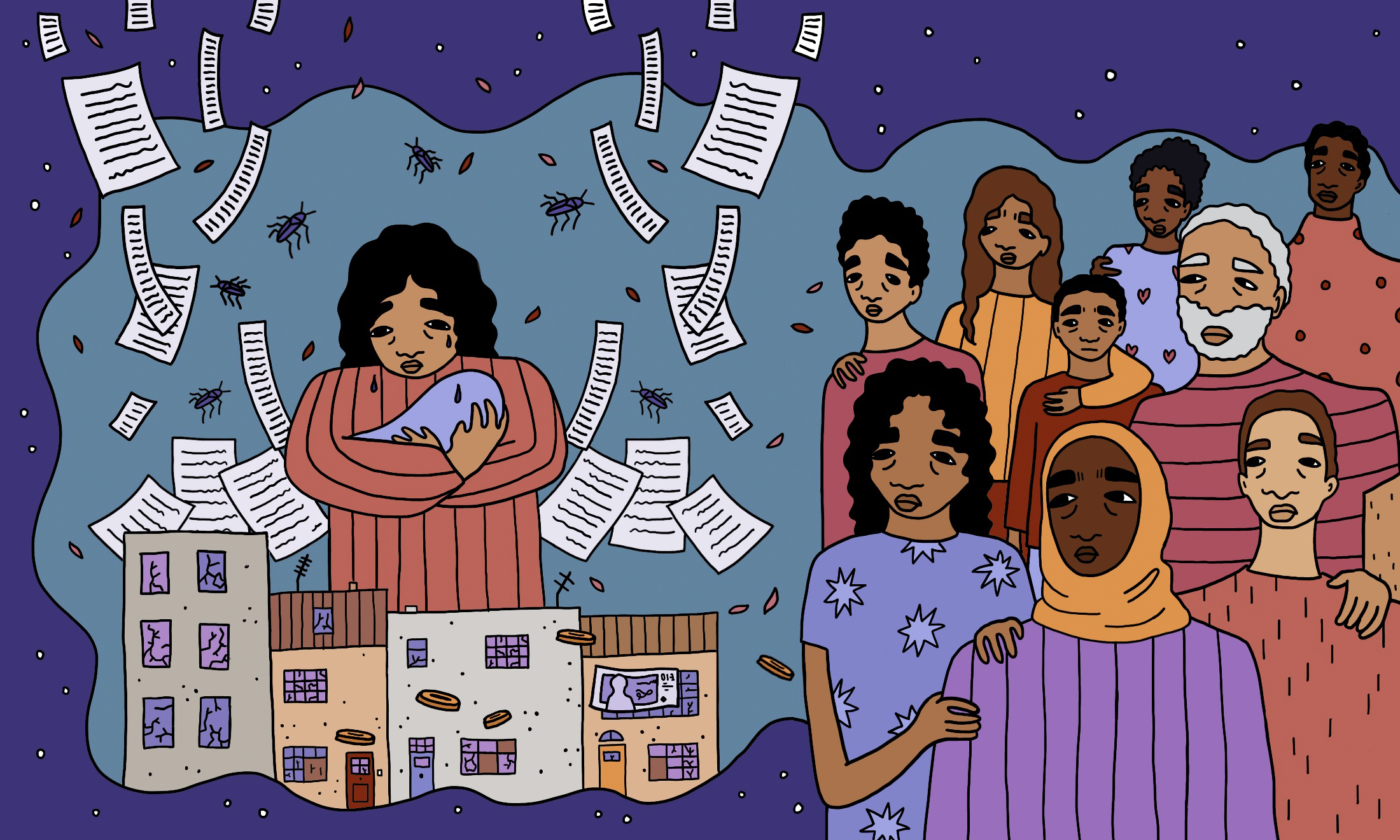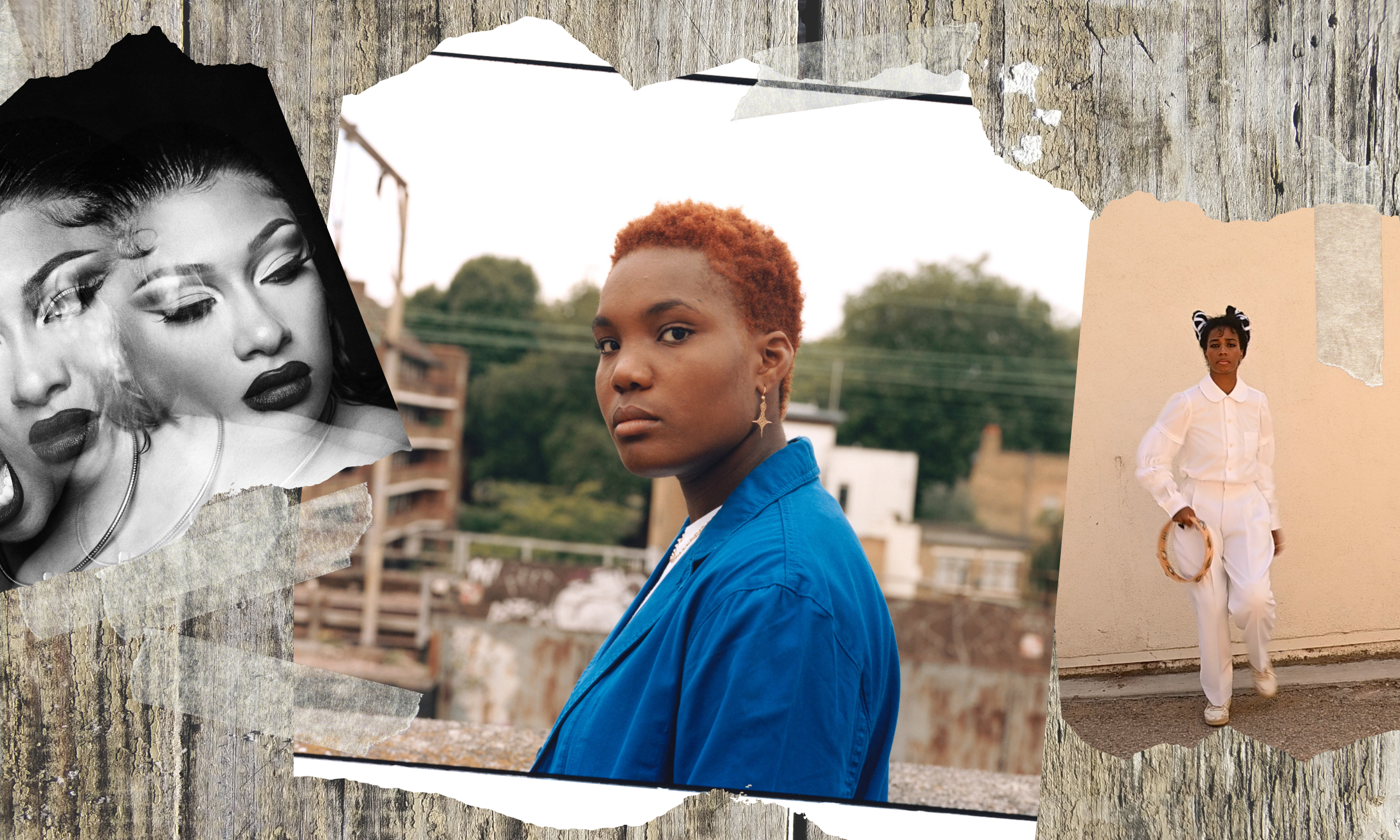
After I graduated, I got a scroll that said I had achieved second-class honours in Politics, a magazine filled with wholesome alumni stories, and a pen embossed with the university logo (that turned out to not even be a fountain pen). I also got depression, as quickly as if it had come in the tote bag filled with the university graduation merchandise. Even after a lifetime of experiencing anxiety and depression on a varied basis, the particular pain of this episode would leave me reeling for the summer.
It felt like the end of a long term relationship – four years, in fact. I stopped going to parties, I avoided friends, I stopped reading and writing, and cooking. Whilst I worked in the job I’d found in a café, colleagues asked me why I was so quiet. I chose not to explain that the reason I was quiet was because I was running suicide ideation thought spirals like a perpetual motion machine inside my head.
Thinking about the future made me feel like a pilot exiting a cloud bank over a vast canyon, hearing their engine splutter and stop. In short, I was and still am, one of the many individuals experiencing depression mostly connected to graduation.
“graduate life is often a far cry from the excitement and pride depicted in university alumni magazines”
Graduate depression is often painted as the response to the well-needed wake-up call for those pesky privileged students who realise they can no longer party all night and sleep in until midday. But this is honestly a rather patronising view of what can be a deeply painful and disorientating experience. In particular, students who came to university under-privileged (particularly economically) whilst being told university was their one-way ticket to that hallowed and hollow term “social mobility”, are often left feeling particularly shafted.
You graduate, generally with pomp and circumstance (my own graduation involved us all having to sing a prayer in Latin in front of the university faculty, who were all dressed in robes that made them look like exceedingly glamorous druids), champagne is consumed, photographs are taken, and you are thoroughly congratulated. The day of graduation is feted as a celebration, the immediate time afterwards as a glowing opportunity for one to take the world on and assert oneself as a worthy individual with skills learned at university. But, as many graduates find out, graduate life is often a far cry from the excitement and pride depicted in university alumni magazines and graduation day speeches.
University is rife with anxiety, exclusion, white curriculums, and other factors that can make the experience of poorer and POC students unpleasant and difficult. But for a lot of people, it often feels like the biggest opportunity of your life. You’re finally being treated like you have that exquisitely exciting factor – potential. For me, university was the first time I was truly happy. I lived by my own schedule (to the detriment of my classes, sometimes), I had my own space, and I felt like the entire world was blossoming in front of me, finally.
“I felt guilt about wanting to have more money and a better life than I’d had growing up”
But graduating dropped me straight into the choppy sea of harsh competition against everyone else. I felt guilt about wanting to have more money and a better life than I’d had growing up, and sheer awful panic about the sudden weight of expectations to do right by everyone who’d wanted me to get an education.
Graduate depression, to me, has a particular depth of pain for those who were taught the fantasy of social mobility in school. The proliferation of unpaid internships bloating the job market in lieu of real opportunities, and the unaffordable cost of living serve as a grim reminder that the world, in fact, is not waiting to embrace you with open arms once you get that degree. It’s wretched to deal with on top of the pain of missing university life and wondering what you really want to do with your life.
I know I am lucky. I know I got the opportunity many didn’t to go and learn, to leave my hometown, to fill myself with exciting and beautiful experiences thanks to kind teachers and a Scottish funding arrangement that covered my tuition fees. But it almost makes it more frustrating when I struggle with my mental health and my still-low confidence. I feel like I should be doing better, I should be doing more; I owe it to the people who supported me and to the people who didn’t get to go to university when they may have desperately wanted to. Graduate depression may be deeply varied in how it affects graduates and for what reasons, but it is most certainly real.









